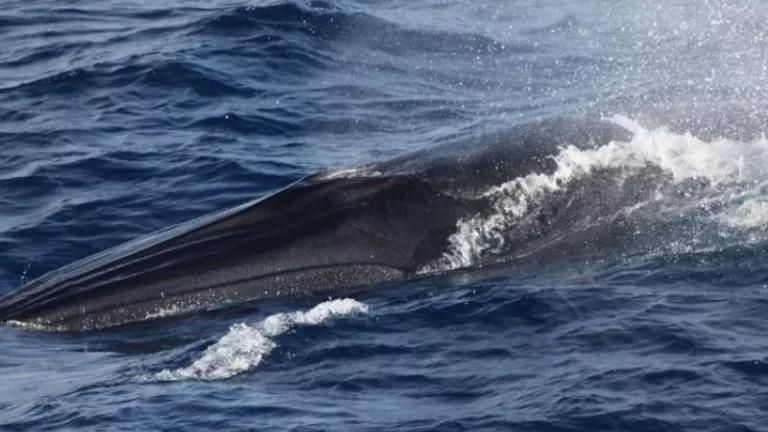A brighter ocean future is on the horizon. Thanks to a final ocean action plan released by the Administration today, we now have a list of specific actions the federal government will take to tackle some of the major threats facing ocean life, such as ocean acidification, habitat protection, water quality and pollution. This plan provides a recipe for smart ocean management that could set our oceans on track to long-term health. With so many American jobs and communities dependent on healthy ocean resources, it couldn’t come at a more critical time.
Nearly three years ago, President Obama announced the creation of the first-ever National Ocean Policy, a milestone effort to safeguard our oceans by coordinating management across government agencies. Up until that point, more than 20 federal entities governed our oceans with little to no communication or coordination between them. As you can imagine, it’s hard to efficiently manage anything—let alone America’s enormous ocean resources—wearing blinders and ear plugs.
Thanks to the National Ocean Policy, we’re now on the right track to common-sense ocean management. For the first time ever, federal agencies—including the State, Defense, Agriculture, Commerce, Transportation, and Labor Departments—are coming together as members of the National Ocean Council to coordinate their work and address the multiple uses of our oceans. This will help us reach a wide range of diverse and important ocean-related goals, such as improved water quality, habitat protection and reduced trash – sooner. Take for example, a few examples included in the draft action plan:
- Getting offshore energy up and running: The plan prioritizes compiling relevant climate, water, wind, and weather data, as well as developing environmental models of seasonal and extreme conditions. This information – and the fact that various agencies like Dept. of Energy, the National Oceanic and Atmospheric Administration (NOAA) and others will coordinate their data – will help provide useful information for offshore renewable energy developers, states, and the public.
- Cleaning trash off our beaches: Facilitating removal of trash and marine debris through community-based grants and other means is part of the plan. This brings together NOAA, the U.S. Coast Guard, the Environmental Protection Agency, and the Interior Department in a coordinated effort.
- Helping states defend themselves against sea level rise: The plan calls on the federal government to develop and share sea-level rise estimates with states so that they can better visualize, map and communicate the key areas that are expected to experience flooding so that homeowners, businesses and regular citizens know what to expect and how to prepare.
Our oceans generate hundreds of billions of dollars each year for our nation, making their protection even more important in these hard economic times. In 2010 alone, ocean-related tourism and recreation supported more than 1.9 million jobs, and contributed almost $90 billion to the nation’s GDP. In 2011, the U.S. seafood industry generated $129 billion in sales, and supported more than 1.2 million jobs.
Hardworking Americans—from fishermen to hotel employees to clean energy developers—need healthy oceans for their jobs. With our oceans rapidly acidifying, coral reefs disappearing, entire species of fish and marine mammals being driven to the brink of extinction, and dead zones off our coasts growing exponentially in size, we need to act now.
In order to keep our ocean life and industries vibrant now and into the future, it’s critical that this plan be a living document. Congress must ensure that funding is allocated to carry out the plan’s important work in the FY 2014 budget.
We demand a lot from our oceans. It’s time for us to ensure that they remain healthy, for the benefit of American workers, coastal communities, and our economy. We look forward to reviewing the National Ocean Council’s ocean action plan, and working to ensure our ocean resources are protected for generations to come.




